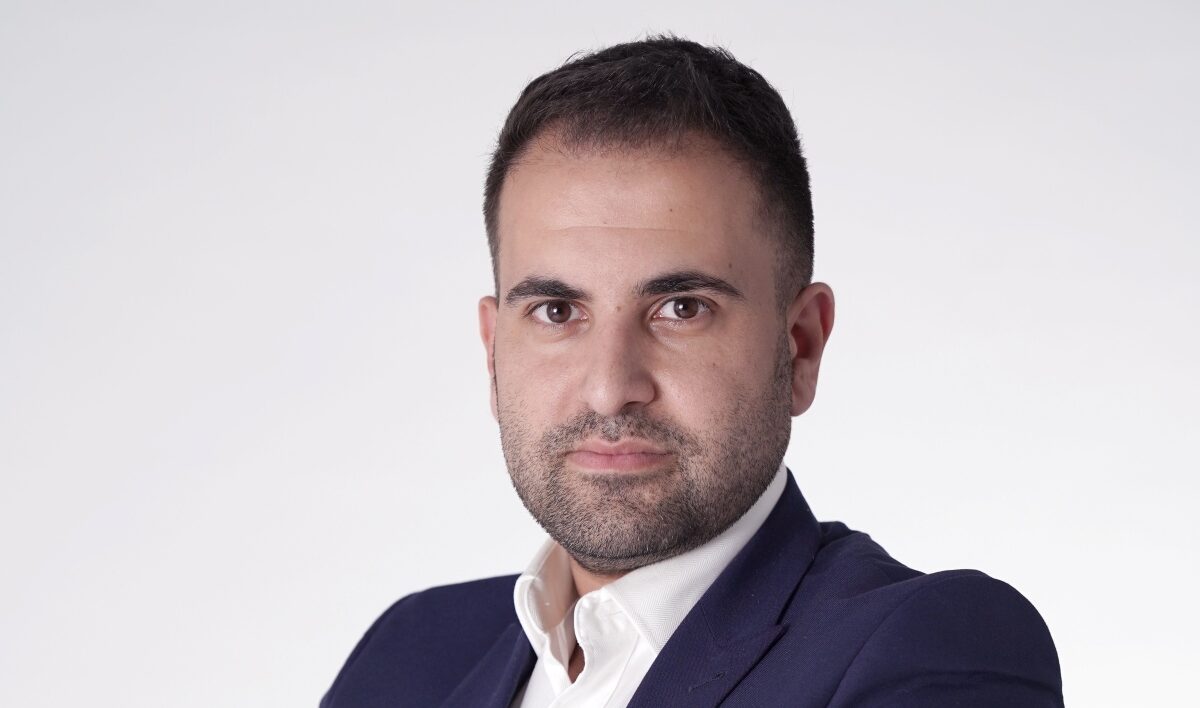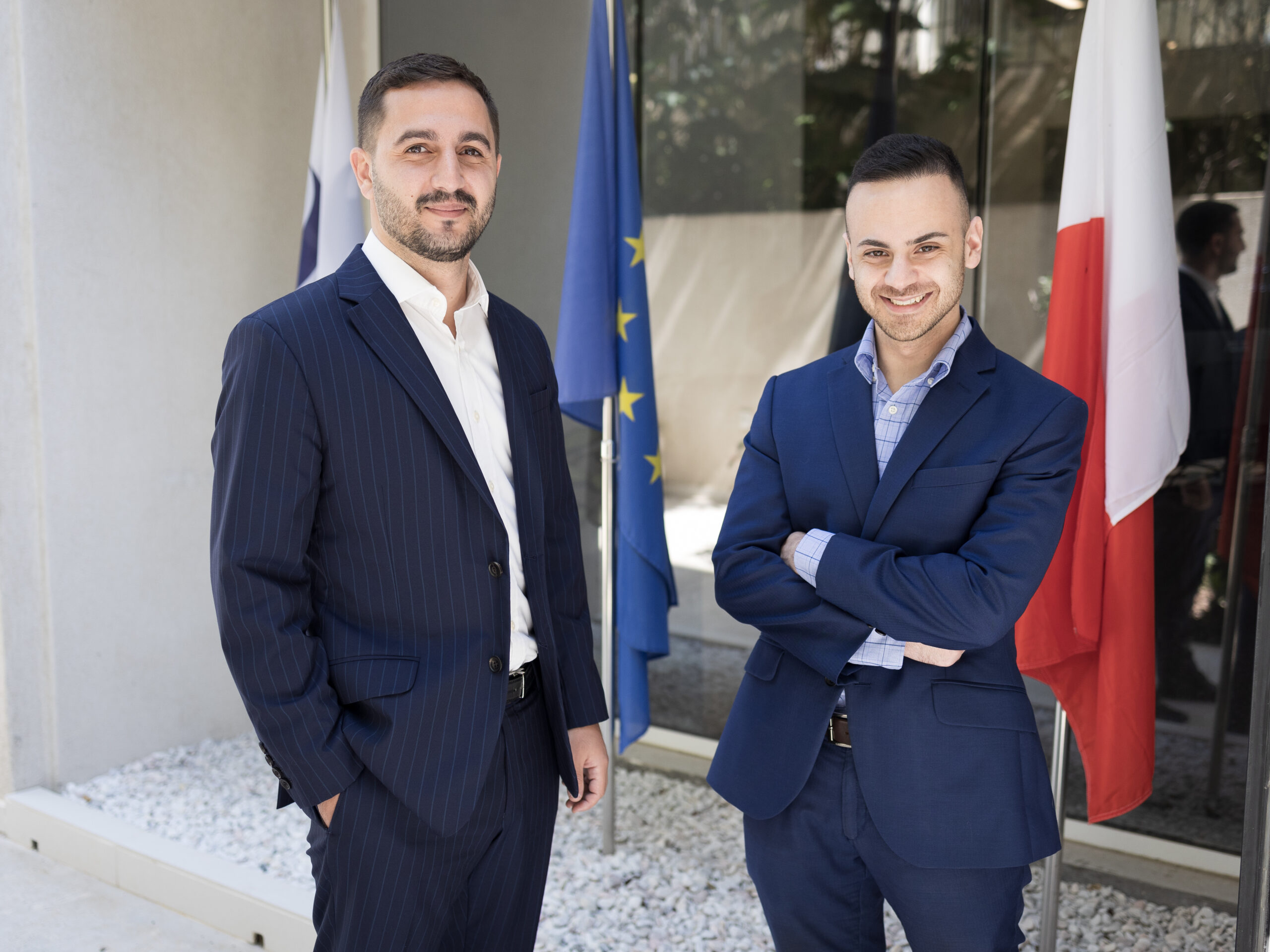Members of the Louvre Agreement, which includes regular participants in ESL and some of the leading competitive CS:GO teams, have agreed to pool a $125,000 (€113,700) donation to aid those affected by the Russian invasion of Ukraine.
The amount raised will be donated to key disaster relief services including UNHCR, MSF, Amnesty International and The Red Cross.
“This particular initiative supplements a range of other ESL and Partner Team donations and activities that are being conducted individually,” the collection announced.
Signatories of the Louvre Agreement include a selection of esports teams, including ESL and elite participants in the Pro League which agreed to collectively work around the ESL Pro Tour events in CS:GO to improve monetisation and to establish a new governance model around ESL Pro League.
ESL is a partner of GamingMalta, hosting its successful ESL Pro League Season in the country.
The Louvre Agreement was initially signed in 2020 by ESL and some of the largest esports organisations in the world. The agreement included the likes of Astralis, Complexity, Evil Geniuses, FaZe Clan, Fnatic, G2 Esports, NAVI and Ninjas in Pyjamas, alongside others.
In late 2021, a number of new teams were accepted, before the agreement was extended by a number of years.
The iGaming and game development industries have made a number of moves to support those affected by Russia’s invasion of Ukraine.
On Thursday, the UK-based organisers of Gaming Industry For Ukraine, announced it is approaching its target of raising £250,000 for those affected.
Leaders in Malta’s video game development industry have issued a statement decrying the invasion, offering their support for the people of Ukraine who are “currently enduring unspeakable horrors and suffering.”
Continue Reading
Together Gaming Solutions plc announces early redemption of its 5.9% unsecure callable bond
These bonds were originally issued in 2019 and scheduled to mature between 2024 and 2026
Evolution to develop online live casino and slots for MONOPOLY and other Hasbro games
Hasbro hands out MONOPOLY licence tokens to a total of four iGaming firms
CasinoBonusesFinder: A fresh look at bonus finding in 2025
Since 2010, online platform CasinoBonusesFinder has helped players answer one essential question: Which casino bonus is truly worth my time?
Maintaining Malta’s edge in iGaming – CLA Malta weighs in
As emerging jurisdictions challenge Malta's iGaming dominance, CLA Malta’s experts outline the critical success factors










